good grief
In case it isn't hitting your algorithm: there is (gestures widely) a LOT happening in the world right now. Multiple genocides, escalating civil tensions in the US, sentient AI, and allll the climate change things to name a few. Listen, I get it - turning away can feel like the only logical way to survive it. My nervous system is fried too, y’all.
But that instinct to turn away is what my therapist calls backwards helping. It deludes me into believing that I can free myself from the problems “out there” - like they are somehow separate from what happens in my heart and mind.
Journalists and activists are reporting from the front lines, frantically calling us to look at the systems that have caused this power imbalance. The outcome. The cost. They’re begging us to WAKE UP from this collective cultural fever dream because our participation is required and we’re missing it. Too detached from the outcomes of our apathy and certain that feeling pain is to be avoided by any means necessary.
Dr. Gabor Mate says, “it’s impossible to have your eyes open and not have your heart broken.” I think we avert our eyes from the suffering of others because it doubly reminds us of our complex needs and our inability to control everything. We cling to our “me problems” like life rafts, as if they can save us from the finite business of being human.
There’s a toxic fiction in our collective subconscious that’s gone unchecked for far too long: it’s not your job to share the disproportionate load of suffering others carry. That some of us are exempt from the fundamental responsibilities of being citizens and caretakers of this planet is insane in the membrane, friends. Just stop and absorb that for a minute.
Overwhelmed with the weight of keeping up, it makes sense that we feel resentful and suspicious about every bid for our attention and action. What’s upheld as normal is moving forward at the speed of urgency and never deep, where we can (and should) ask what matters and what does (and doesn’t) deserve our concern.
We can’t live on those life rafts as people everywhere are drowning. Deep down, we know this; and yet, we’re so obstinate in our deflection. We cling to our flawed beliefs because we’ve been convinced that to acknowledge the drowning is to drown.
Let’s start there.
Once in a peer support group, I had to write my own obituary. It was confronting. It brought me face to face with my mortality and made me viscerally aware of everyone else’s. Grief is the ultimate suffering. It’s a painful acknowledgement that life is a series of impending goodbyes, yes - but that’s still true when we avoid facing it. Cheryl Strayed says “part of being able to bear the things we can’t bear is not about tossing them off. Not about making the weight lighter but simply learning that we have the capacity to carry it.”
The outcome of our habitual grief avoidance is we don’t know when to let go: of a relationship that makes us doubt ourselves, a job that no longer fits, et cetera. Without the ever-present edge of grief, we get complacent. Organize our lives around petty conflicts and chock-full schedules and self-improvement projects and neglect asking vital questions often, if at all, like, is this working? Do I want to act this way? What’s the point it all, really?
In this way, maybe the grief is good. Necessary, even: to dislodge us from the false comfort of our maladaptive conditioning and orient us toward our shared reality.
To paraphrase the late great Andrea Gibson, you’ve got to think of it like a kink in the hose: you can’t shut off the flow of grief without also shutting off the flow of joy. When we deny grief, we refuse joy, too; and maybe that’s where we’ve got it all wrong because I think joy is the point. Not the kind you find in small, identity-building rituals alone. Those are useful and important but ill-equipped to sustain us. The collective joy we find with each other though - that joy has mettle. It gives us the stubborn resolve we need to show up instead of tune out.
We’ve been literally sold this idea that we can (and should) shelter ourselves from the pain but frankly that theory falls apart when tested. Our unwillingness to feel has left us out of touch and remarkably under-resourced to face the inevitable. If we just tried to microdose the mourning in our day to day, we’d get some practice with letting go. We’d be undone a little, yes – enough to get willing to let others in and oh, the value we’d find! The great relief and satisfaction we find in sharing the burdens of being human with each other – as if that’s how it was designed all along.
If we do this consistently, with sincere humility and care, I think we’d untangle ourselves from aversion and any other fear that’s left us highly vulnerable to bullshit backwards stories about “the other.” I can provide testimony that organically, as a natural extension of the vantage point you achieve, you’ll reach toward not away from the suffering of others because you understand completely what you’re made of and for.
Going it alone is both unsustainable and joyless. You deserve better but don’t take my word for it. This valuable truth can’t be bought, it’s got to be earned. So go find out for yourself.
